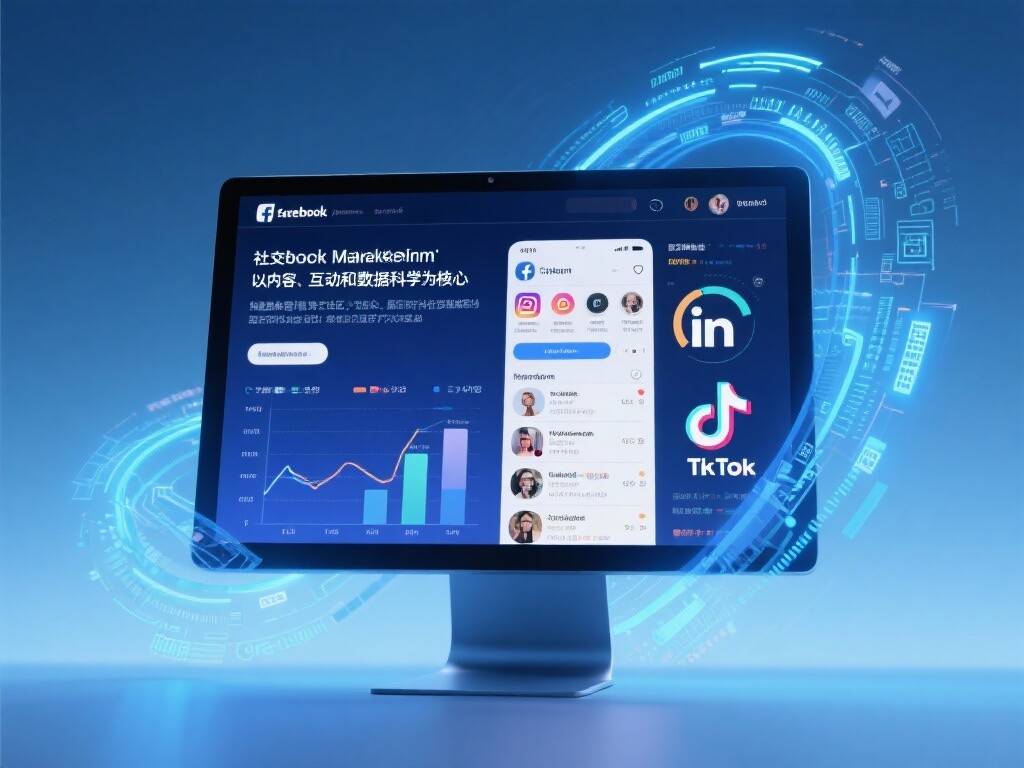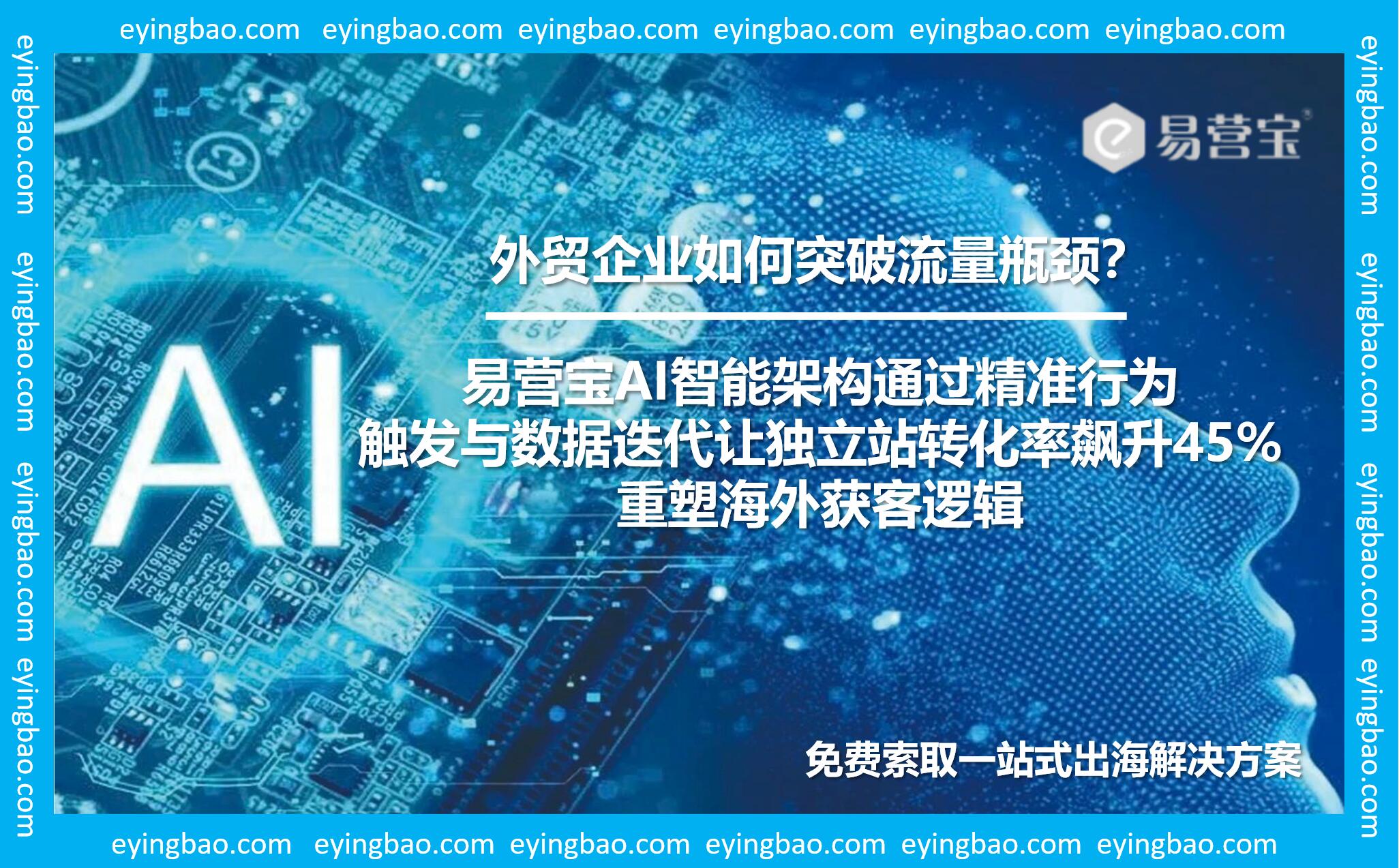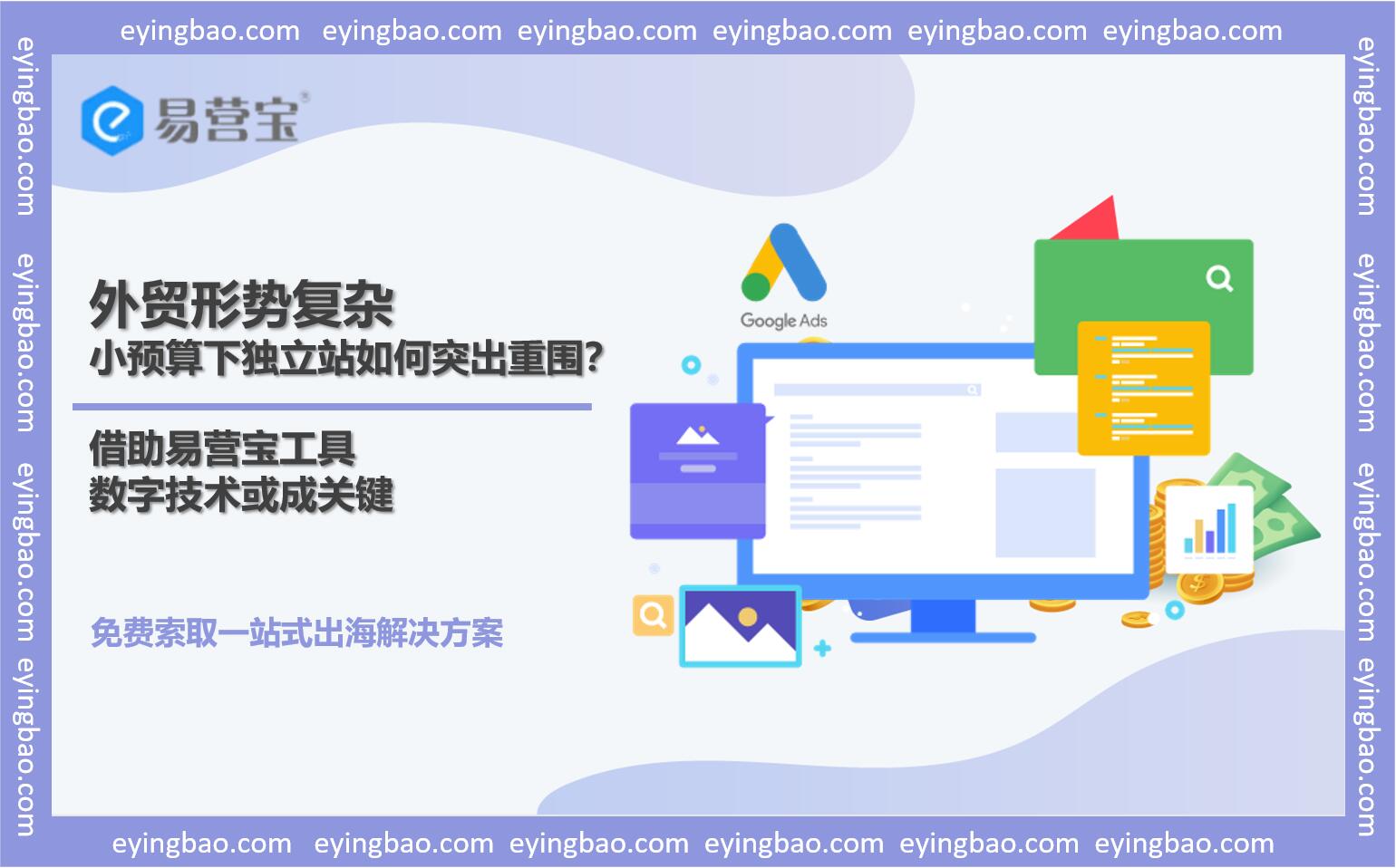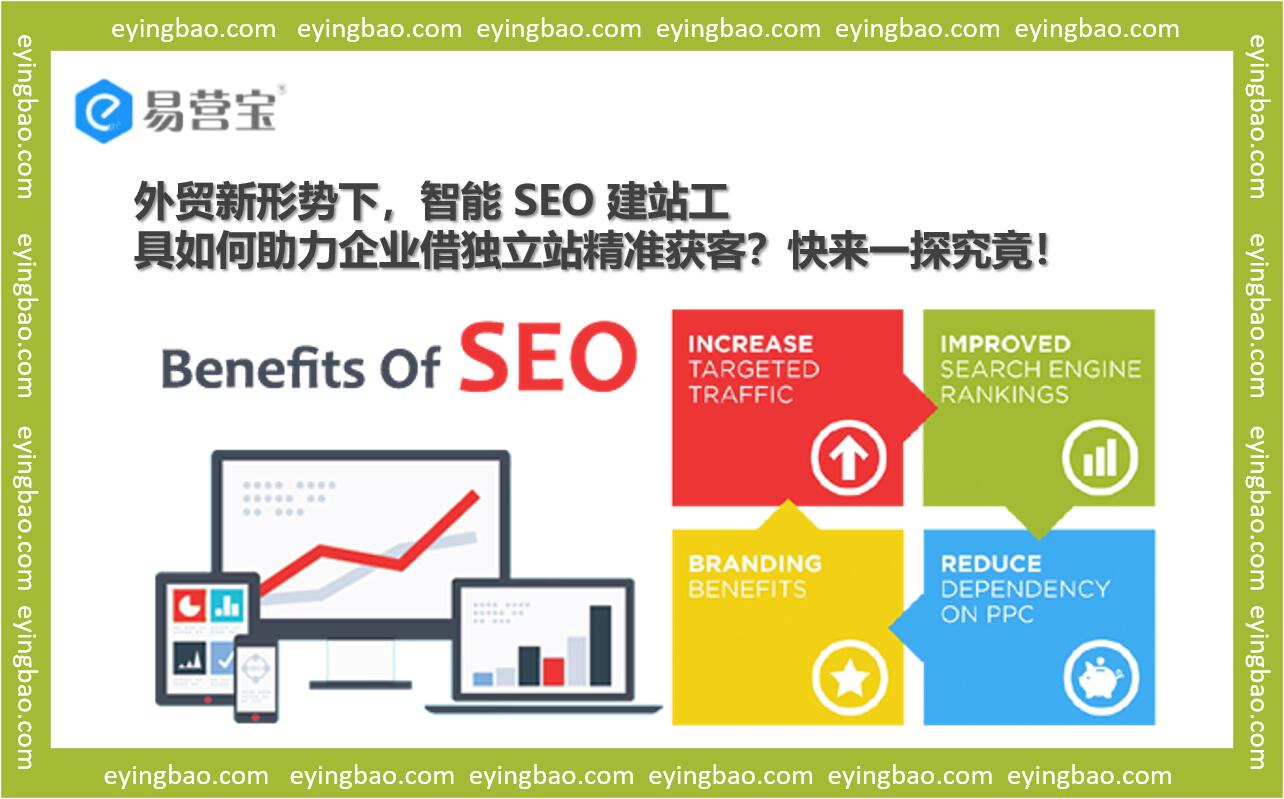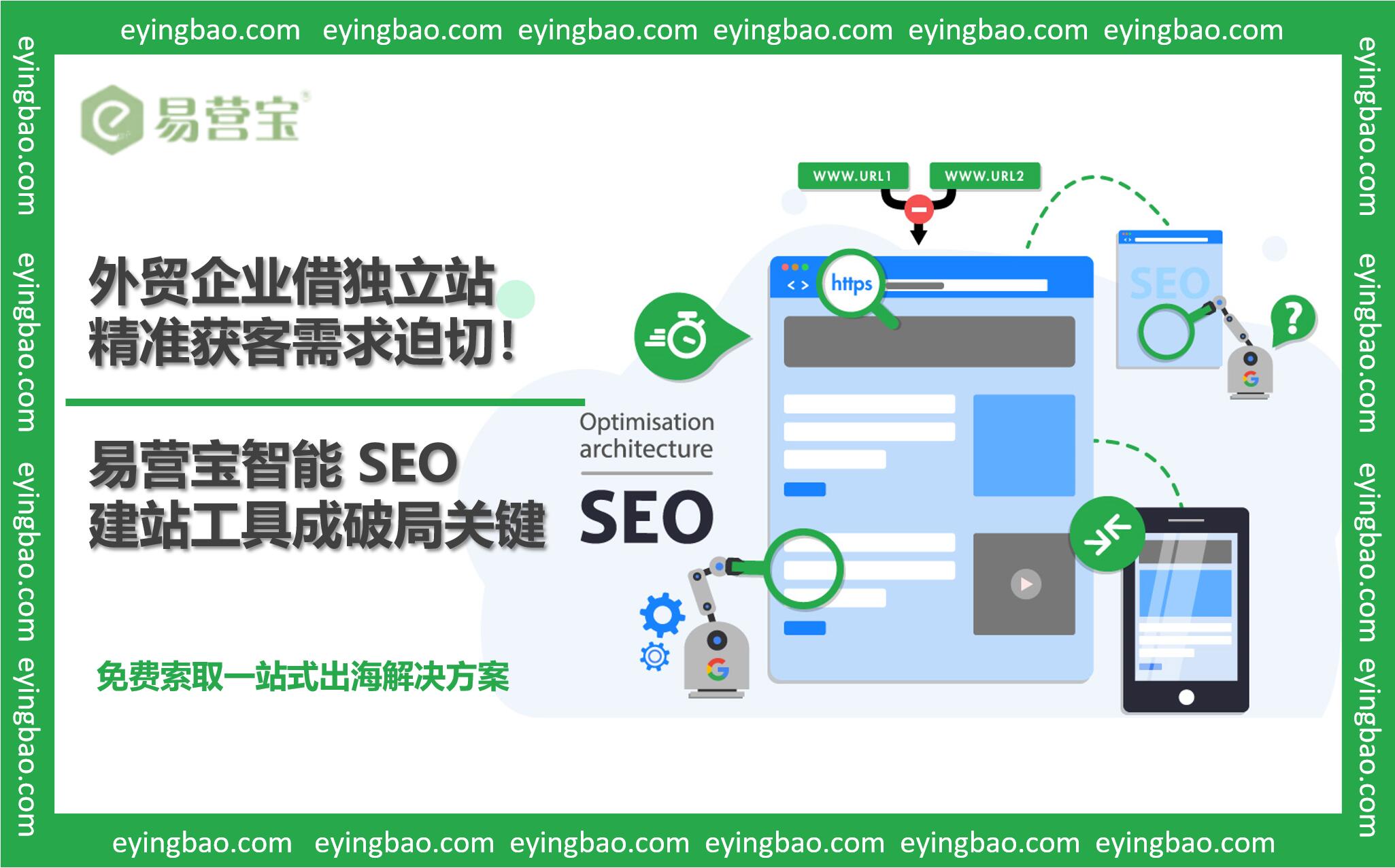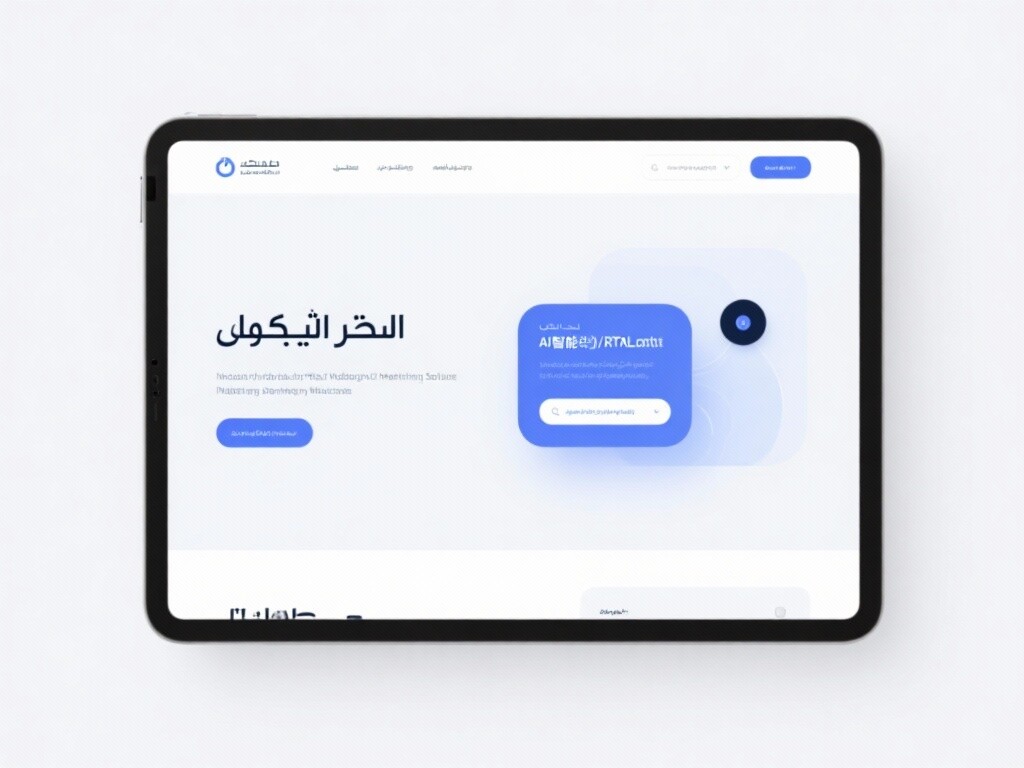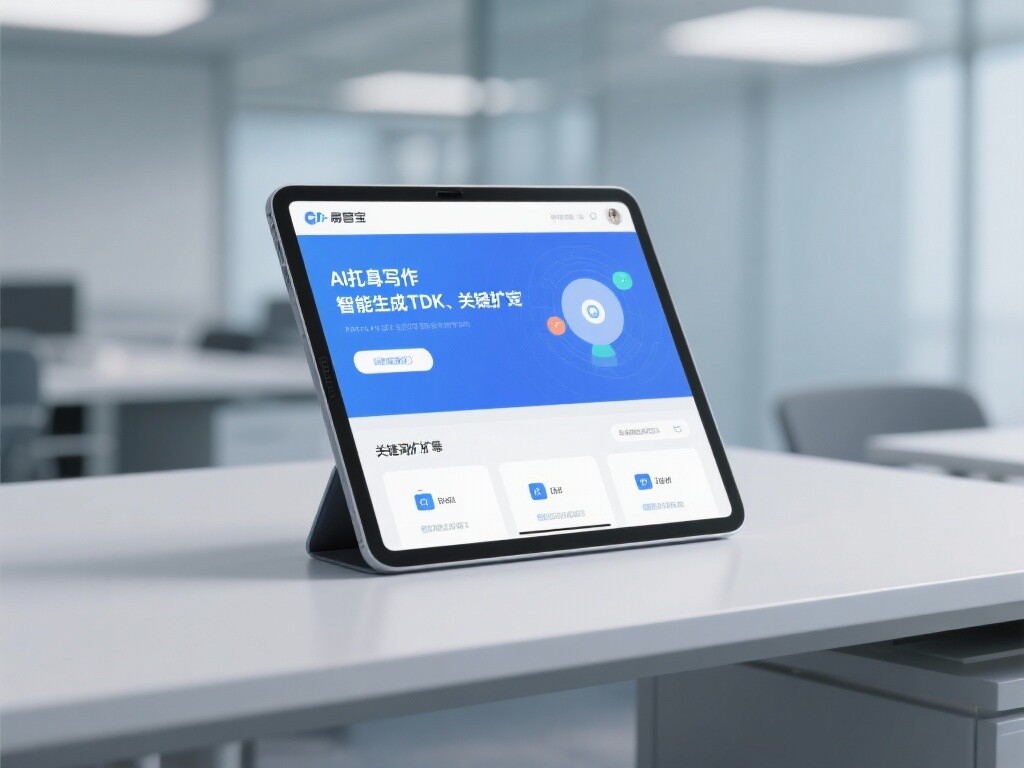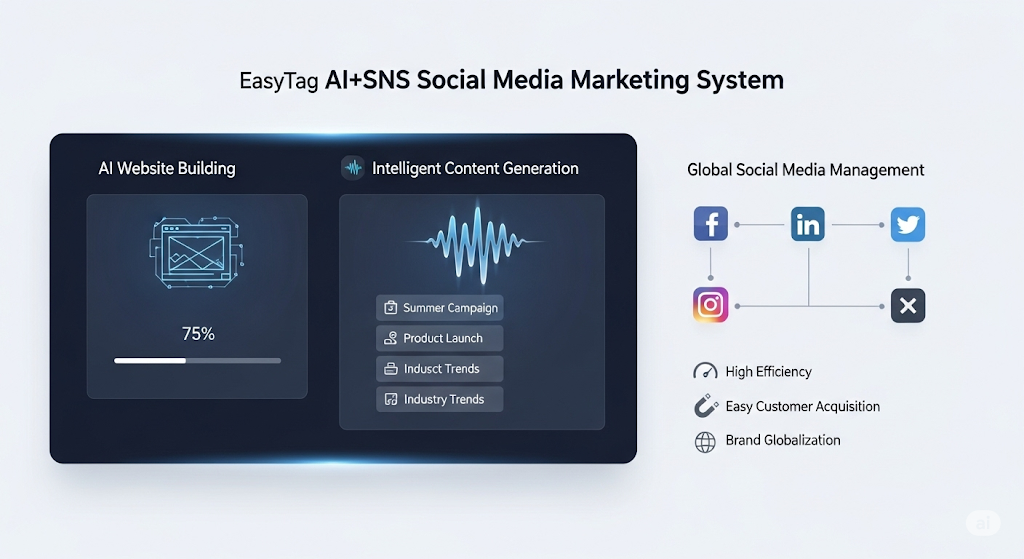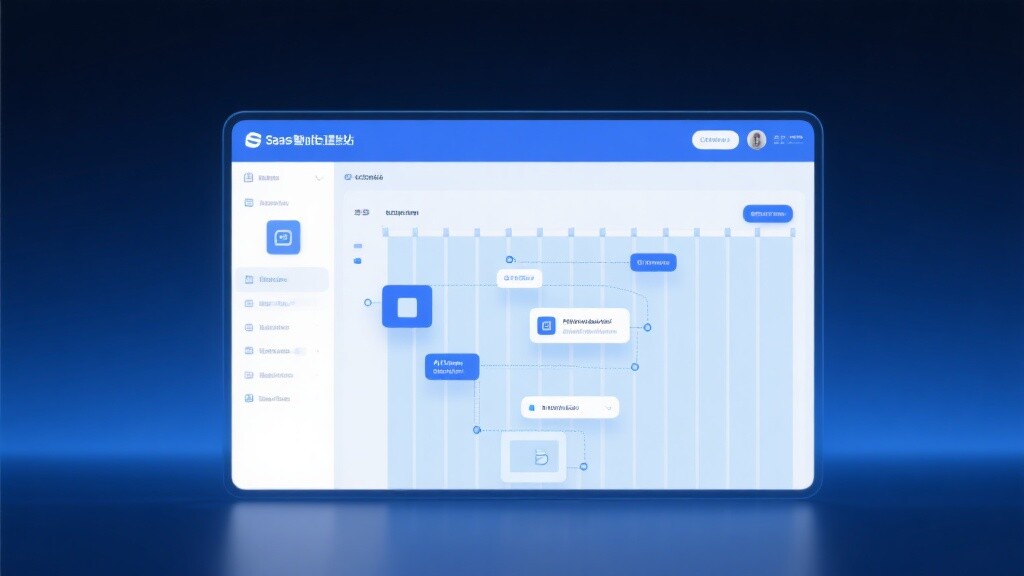I. The Authoritative Definition and Core Value of Social Media Marketing (SMM)
1. The Authoritative Definition of Social Media Marketing (SMM)
Social Media Marketing refers to a series of activities conducted through platforms like Facebook/Meta, Instagram, LinkedIn, Twitter/X, TikTok, YouTube to achieve brand objectives, drive traffic, acquire customers, and build communities. It encompasses organic content posting (Organic Posting), paid advertising (Paid Ads), community engagement, influencer marketing (Influencer Marketing), and data analysis. Its core lies in creating dialogue and participation, thereby transforming brand awareness into commercial value.
2. The Strategic Core Value of Social Media Marketing
II. The Evolution of Social Media Marketing: From Networking Tools to Commercial Giants
The history of SMM reflects the internet's evolution from information sharing to social connections, and then to commercial ecosystems.
1. Early Stage: Simple Content Publishing and Brand Reach (2004-2010)
Technical Features: Single platform functionalities (e.g., basic posting on Facebook/Twitter). Marketers primarily engaged in simple information dissemination.
Main Tactics: Establishing official pages, sharing links, with the goal of building a sense of presence.
Limitations: Lack of effective measurement tools, low commercialization, and poor interactivity.
2. The Rise of Algorithm-Driven and Ad Systems (2010-2018)
Milestone: The emergence of Facebook's algorithm (EdgeRank), leading to declining organic reach (Organic Reach). This forced brands to turn to paid advertising.
Technological Shift: Social platforms introduced sophisticated ad management systems, offering multi-dimensional audience targeting based on interests, behaviors, and demographics. SMM began integrating deeply with data analytics.
3. Short Videos, Private Traffic, and Omnichannel Integration (2018-Present)
Core Focus: TikTok popularized short video trends, emphasizing authentic, real-time, content-driven interactions.
Technological Deepening: Emphasis on private traffic building (e.g., WeChat groups, exclusive communities) and e-commerce integration (e.g., Instagram/TikTok Shop features). SMM achieved deep integration with CRM and website data (CAPI), pursuing full-funnel conversion.
Trends: AI dominates ad creative optimization and user behavior prediction, making SMM a part of data science.
III. The Technical Principles of Social Media Marketing: Platform Algorithms and Data-Driven Strategies
The success of SMM hinges on understanding how platforms evaluate content value, distribute information, and match ads.
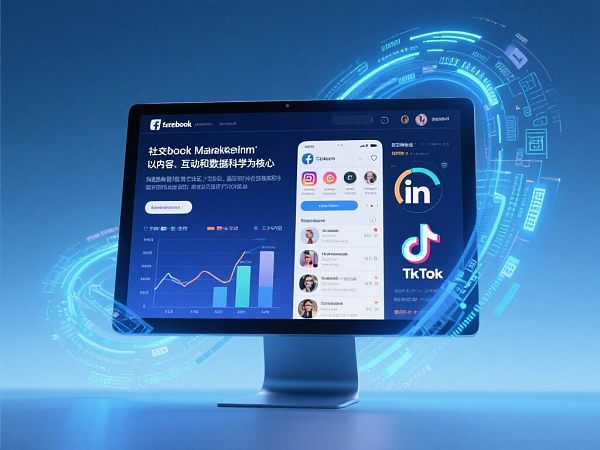
1. Platform Content Distribution Algorithms (Relevance/Engagement Algorithms)
Principle: Major platforms (Meta, TikTok) use complex algorithms to determine which content is shown to which users.
Core Elements: Relationship, timeliness, content format, and engagement are key. Algorithms prioritize displaying content with high engagement (likes, comments, shares) and strong user relevance.
Marketing Strategy: Optimize content to trigger high-value interactions like "sharing" and "commenting".
2. Audience Targeting and Matching Techniques (Targeting & Matching)
Principle: Ad systems use user online behavior, device fingerprints, and pixel/API feedback data to build precise user profiles.
Core Techniques:
Custom Audiences: Upload customer emails or phone numbers for platforms to accurately match existing clients.
Lookalike Audiences: Use AI to find new users with behaviors similar to your best customers, enabling scalable lead generation.
Interest/Behavioral Targeting: Segment users based on likes, follows, and viewing behaviors.
3. Conversion Tracking and Attribution (Conversion Tracking & Attribution)
Principle: Ensure ad platforms accurately link an ad click to **final conversions on the website (e.g., purchases, inquiries)**.
Core Techniques: Deploy pixels (Pixel) and conversion APIs (CAPI/Conversions API). CAPI bypasses browser limitations by sending server-side data, ensuring ** 90%+ conversion data is accurately captured by platforms, providing reliable fuel for AI automated bidding**.
IV. The Core Features and Strategic Advantages of Social Media Marketing

1. High Engagement and Community Sentiment
Feature: Social media is the only channel enabling brands to engage in real-time, bidirectional, informal communication with consumers.
Advantage: Rapidly accumulate brand advocates (Brand Advocates), who become your free marketing ambassadors.
2.Shoppable Content
Feature: Platforms embed e-commerce functionalities (e.g., Instagram/TikTok Shop), shortening the path from interest to purchase.
Advantage: Significantly reduces conversion friction, increasing direct sales contributions from social media traffic.
3.Hyper-Personalized Retargeting
Feature: Target users who watched of your video or visited specific product pages in the past days, delivering highly customized ads.
Advantage: Recovers lost customers, converting high-intent traffic into final orders, maximizing ad ROI.
4.Diverse Content Formats
Feature: Brands can use short videos, live streams, stories (Stories), and graphics to adapt to different platforms and user preferences.
Advantage: Enhances content playability and virality, facilitating A/B testing to find optimal creative combinations.
V. Advanced Applications and Practical Scenarios of Social Media Marketing
1. Cross-Border E-Commerce's Viral Short Video Marketing
Application: Create short, fast, fun content showcasing product usage scenarios on TikTok/Reels.
Strategy: Optimize the first seconds (Hook), leveraging UGC (User-Generated Content) and influencer marketing to drive clicks to main page shopping links.
2. B2B Enterprise's Professional Content and Lead Generation
Application: Primarily on LinkedIn and Twitter/X, publishing industry insights, whitepapers, and CEO perspectives.
Strategy: Use LinkedIn Ads to target audiences by specific roles, company sizes, and industries, deploying lead gen forms (Lead Gen Forms) to capture high-value leads directly.
3. Customer Service and Brand Crisis Management
Application: Utilize social media as the frontline for customer support and issue resolution.
Strategy: Deploy social listening tools for millisecond-level responses to negative comments and brand crises. Swift, transparent replies can turn crises into opportunities for brand image enhancement.
4. Scalable Influencer Marketing (Influencer Marketing)
Application: Identify micro or macro influencers aligned with your brand's values and audience.
Strategy: Prioritize engagement rates and audience authenticity over follower count. Measure influencer-driven ROI precisely via trackable links or unique codes.
VI. EasyAd: Your AI-Driven Social Media Growth Engine
EasyAd specializes in integrating cutting-edge AI, precise data tracking, and omnichannel strategies into your SMM efforts, ensuring maximum returns on social media investments.
CAPI-Driven Data Loop: We provide server-side conversion API integration, ensuring your social ad platforms receive the most accurate conversion data, enabling AI automated bidding to perform optimally.
AI Creative Optimization & Testing: Leverage our AI marketing engine to analyze content performance across platforms, generating high-CTR (Click-Through Rate) and high-engagement copy and headline recommendations.
Omnichannel Retargeting Integration: Sync social retargeting audiences with your email and search ads, delivering seamless, consistent messaging at key customer journey touchpoints.
Social Automation & Efficient Management: Our cross-platform content scheduling, interaction monitoring, and automated reporting free your team from repetitive tasks, allowing focus on creativity and strategy.
FAQ
1. Is the "organic reach" on social media becoming increasingly low, and is it still necessary to invest effort in creating content?
Answer: It is absolutely necessary, but the strategy needs to be adjusted.
The decline in organic reach is meant to filter out low-quality content. Now, content quality is the core.
Strategy shift: Focus on creating original content that triggers high-value interactions (comments, shares, saves). High-engagement content will be recommended by algorithms to more users, thereby leveraging high-quality content to drive free traffic. Additionally, organic content serves as the foundation for paid ads (e.g., for testing creative ideas).
2. Can social media marketing and SEO optimization mutually reinforce each other? How can this be achieved?
Answer: Yes, and it is key to full-funnel growth.
Traffic and authority: Social media can bring high-quality, diversified traffic to your website, proving to Google that your site is "active and trustworthy".
Content synergy: Break down SEO-optimized long-form, in-depth content into short, engaging interactive snippets on social media, using social traffic to feed back into long-form content pages.
Brand signals: Frequent brand mentions and interactions on social media enhance Google's recognition of your brand's E-E-A-T (Expertise, Authoritativeness, Trustworthiness).
3. How do we choose the right social media platforms for our industry?
Answer: Select based on your target audience and business type, not platform popularity.
D2C visual products (fashion, beauty): Instagram, TikTok, Pinterest (emphasizing visuals and short videos).
B2B, high-ticket services, professional content: LinkedIn, YouTube, Twitter/X (emphasizing professionalism and long-form value).
General users and customer service: Facebook/Meta.
Key: Don’t be active on all platforms; focus on the 1−2 platforms most used by your target audience and excel there.
4. Is AI-automated bidding for social media ads truly better than manual bidding?
Answer: Yes, in the vast majority of cases, AI-automated bidding is superior.
Reason: AI can make real-time bidding decisions that are more complex and precise than human decisions, leveraging millions of data points (e.g., user behavior history, current bidding environment) to adjust bids.
Prerequisite: Ensure conversion data (CAPI) is accurate and complete to provide high-quality training data for AI.

Customer Reviews
Mr. Xu, CEO of a global home D2C brand
"Our ad performance on Meta and TikTok had been stagnant. The EasyProfit team first helped us deploy complete CAPI server-side tracking, increasing our conversion data accuracy to over 95%. As a result, the platforms' AI algorithms suddenly 'became smarter.' Our ROAS (return on ad spend) increased by 50% in 4 months, with a significant drop in customer acquisition costs. EasyProfit elevated our social media marketing from **'creative luck' to a 'data science-driven'** level."
Ms. Wang, CMO of a B2B fintech company
"We previously invested heavily in LinkedIn, but lead quality was inconsistent. EasyProfit advised us to stop simple messaging and instead focus on creating high-value industry reports and deep analysis. They used LinkedIn Ads' audience-matching technology to precisely target corporate executives and technical decision-makers. Now, while the number of leads from social media has decreased, their quality and conversion rate have doubled. Social media has become our most reliable source of high-value B2B leads."
![2025 Virtual Currency New Era: How Will Application and Technological Innovation Lead the Future Amid Compliant Trends? 2025 Virtual Currency New Era: How Will Application and Technological Innovation Lead the Future Amid Compliant Trends?]() 2025 Virtual Currency New Era: How Will Application and Technological Innovation Lead the Future Amid Compliant Trends?In 2025, How Will Virtual Currency Reshape the Digital Economy? Compliance, Application, and Innovation Advance Together.
2025 Virtual Currency New Era: How Will Application and Technological Innovation Lead the Future Amid Compliant Trends?In 2025, How Will Virtual Currency Reshape the Digital Economy? Compliance, Application, and Innovation Advance Together.![Independent website conversion rate not improving? AI pop-ups + AB testing help overseas clients place orders 45% faster! Independent website conversion rate not improving? AI pop-ups + AB testing help overseas clients place orders 45% faster!]() Independent website conversion rate not improving? AI pop-ups + AB testing help overseas clients place orders 45% faster!How can foreign trade companies break through traffic bottlenecks? EasyProfit AI architecture boosts independent website conversion rates by 45% through precise behavioral triggers and data iteration, reshaping overseas customer acquisition logic.
Independent website conversion rate not improving? AI pop-ups + AB testing help overseas clients place orders 45% faster!How can foreign trade companies break through traffic bottlenecks? EasyProfit AI architecture boosts independent website conversion rates by 45% through precise behavioral triggers and data iteration, reshaping overseas customer acquisition logic.![Why does this budget-conscious standalone site promotion solution stand out with remarkable effectiveness? Why does this budget-conscious standalone site promotion solution stand out with remarkable effectiveness?]() Why does this budget-conscious standalone site promotion solution stand out with remarkable effectiveness?In complex foreign trade environments, how can limited-budget standalone sites break through? Leveraging E-Epemba tools and digital technologies may be the key.
Why does this budget-conscious standalone site promotion solution stand out with remarkable effectiveness?In complex foreign trade environments, how can limited-budget standalone sites break through? Leveraging E-Epemba tools and digital technologies may be the key.![Are foreign trade enterprises still blindly pursuing leads? Isn't a dedicated website with precise customer acquisition more effective? Are foreign trade enterprises still blindly pursuing leads? Isn't a dedicated website with precise customer acquisition more effective?]() Are foreign trade enterprises still blindly pursuing leads? Isn't a dedicated website with precise customer acquisition more effective?Under the new trends in foreign trade, how can intelligent SEO website-building tools help businesses attract targeted leads through dedicated websites? Discover the possibilities now!
Are foreign trade enterprises still blindly pursuing leads? Isn't a dedicated website with precise customer acquisition more effective?Under the new trends in foreign trade, how can intelligent SEO website-building tools help businesses attract targeted leads through dedicated websites? Discover the possibilities now!![Foreign trade client acquisition tough? Yiyongbao intelligent SEO tools rewrite the game. Foreign trade client acquisition tough? Yiyongbao intelligent SEO tools rewrite the game.]() Foreign trade client acquisition tough? Yiyongbao intelligent SEO tools rewrite the game.In the era of digitalization sweeping global trade with intensified competition, foreign trade enterprises urgently need independent websites for precise customer acquisition, where Yiyongbao intelligent SEO website-building tools become the game-changer.
Foreign trade client acquisition tough? Yiyongbao intelligent SEO tools rewrite the game.In the era of digitalization sweeping global trade with intensified competition, foreign trade enterprises urgently need independent websites for precise customer acquisition, where Yiyongbao intelligent SEO website-building tools become the game-changer.![Does your website really need the SEO optimization of a smart website building system? Does your website really need the SEO optimization of a smart website building system?]() Does your website really need the SEO optimization of a smart website building system?This article explores the importance of SEO optimization services for smart website building systems in enhancing website exposure. It analyzes how effective SEO strategies, optimized website structure, and content can help businesses stand out in highly competitive markets. Ideal for enterprises looking to improve their online business performance by understanding the necessity of SEO optimization.
Does your website really need the SEO optimization of a smart website building system?This article explores the importance of SEO optimization services for smart website building systems in enhancing website exposure. It analyzes how effective SEO strategies, optimized website structure, and content can help businesses stand out in highly competitive markets. Ideal for enterprises looking to improve their online business performance by understanding the necessity of SEO optimization.![Complete Guide to Overseas Promotion Channels: Which Approach Best Suits Your Business? Complete Guide to Overseas Promotion Channels: Which Approach Best Suits Your Business?]() Complete Guide to Overseas Promotion Channels: Which Approach Best Suits Your Business?This article is authored by Easy Treasure’s decade-long export service expert team. Based on operational data from over 100,000 enterprises, it analyzes and compares input-output ratios across channels such as search engines, social media, and KOL marketing, with a focus on providing cost-effective solutions for SMEs. The guide also details how to establish a sustainable overseas traffic growth engine through multilingual website development and global SEO optimization systems.
Complete Guide to Overseas Promotion Channels: Which Approach Best Suits Your Business?This article is authored by Easy Treasure’s decade-long export service expert team. Based on operational data from over 100,000 enterprises, it analyzes and compares input-output ratios across channels such as search engines, social media, and KOL marketing, with a focus on providing cost-effective solutions for SMEs. The guide also details how to establish a sustainable overseas traffic growth engine through multilingual website development and global SEO optimization systems.![Overseas Promotion Channel Comparison: Which Method Has the Highest ROI? Overseas Promotion Channel Comparison: Which Method Has the Highest ROI?]() Overseas Promotion Channel Comparison: Which Method Has the Highest ROI?This article systematically compares the input-output ratios of six major overseas promotion channels including Google search ads, social media marketing, and independent site SEO. Combining actual case studies from EasyTreasure AI's intelligent website building system and ad optimization tools, it provides data-driven channel selection strategies for businesses.
Overseas Promotion Channel Comparison: Which Method Has the Highest ROI?This article systematically compares the input-output ratios of six major overseas promotion channels including Google search ads, social media marketing, and independent site SEO. Combining actual case studies from EasyTreasure AI's intelligent website building system and ad optimization tools, it provides data-driven channel selection strategies for businesses.
![Arabic Website Construction and Marketing Solutions Arabic Website Construction and Marketing Solutions]() Arabic Website Construction and Marketing SolutionsEasyWin offers professional Arabic website construction and marketing solutions, supporting right-to-left layout, AI intelligent translation for localization, flexible domain configuration, and SSL certificate selection, helping businesses accurately reach the Middle Eastern market.
Arabic Website Construction and Marketing SolutionsEasyWin offers professional Arabic website construction and marketing solutions, supporting right-to-left layout, AI intelligent translation for localization, flexible domain configuration, and SSL certificate selection, helping businesses accurately reach the Middle Eastern market.![AI+SEO Marketing Solution AI+SEO Marketing Solution]() AI+SEO Marketing SolutionEasyWin AI+SEO Marketing Solution leverages AI for batch content creation, intelligent TDK generation, precise keyword expansion, and other features to comprehensively optimize website SEO performance, enhancing traffic and conversion rates. Helps businesses build an efficient and intelligent website ecosystem.
AI+SEO Marketing SolutionEasyWin AI+SEO Marketing Solution leverages AI for batch content creation, intelligent TDK generation, precise keyword expansion, and other features to comprehensively optimize website SEO performance, enhancing traffic and conversion rates. Helps businesses build an efficient and intelligent website ecosystem.![AI+SNS All-in-One Intelligent Social Media Marketing System AI+SNS All-in-One Intelligent Social Media Marketing System]() AI+SNS All-in-One Intelligent Social Media Marketing SystemEasyWin AI+SNS All-in-One Intelligent Social Media Marketing System - Precision social capture in the social media era, supports one-click content synchronization across mainstream platforms like Facebook and LinkedIn, AI-powered copy rewriting to enhance relevance, 24/7 intelligent customer service with user persona analysis, empowering businesses to efficiently expand global markets.
AI+SNS All-in-One Intelligent Social Media Marketing SystemEasyWin AI+SNS All-in-One Intelligent Social Media Marketing System - Precision social capture in the social media era, supports one-click content synchronization across mainstream platforms like Facebook and LinkedIn, AI-powered copy rewriting to enhance relevance, 24/7 intelligent customer service with user persona analysis, empowering businesses to efficiently expand global markets.![EasyCamp SaaS Smart Website Marketing System EasyCamp SaaS Smart Website Marketing System]() EasyCamp SaaS Smart Website Marketing SystemE-Yingbao SaaS Smart Website Marketing System: AI-powered, zero-code website building. Rapidly launch multilingual independent e-commerce sites in just 10 minutes. Global server acceleration and AI-driven SEO optimization empower businesses to efficiently connect with global markets. The seamless integration of technology and user-friendly operation makes building e-commerce sites incredibly simple.
EasyCamp SaaS Smart Website Marketing SystemE-Yingbao SaaS Smart Website Marketing System: AI-powered, zero-code website building. Rapidly launch multilingual independent e-commerce sites in just 10 minutes. Global server acceleration and AI-driven SEO optimization empower businesses to efficiently connect with global markets. The seamless integration of technology and user-friendly operation makes building e-commerce sites incredibly simple.![AI+SEO Dual Engine Optimization Service AI+SEO Dual Engine Optimization Service]() AI+SEO Dual Engine Optimization ServiceEasyWin AI+SEO Dual Engine Optimization System leverages AI-powered keyword mining, content generation, and comprehensive technical optimization to help foreign trade enterprises acquire high-quality organic traffic, significantly improving search rankings and conversion rates.
AI+SEO Dual Engine Optimization ServiceEasyWin AI+SEO Dual Engine Optimization System leverages AI-powered keyword mining, content generation, and comprehensive technical optimization to help foreign trade enterprises acquire high-quality organic traffic, significantly improving search rankings and conversion rates.

